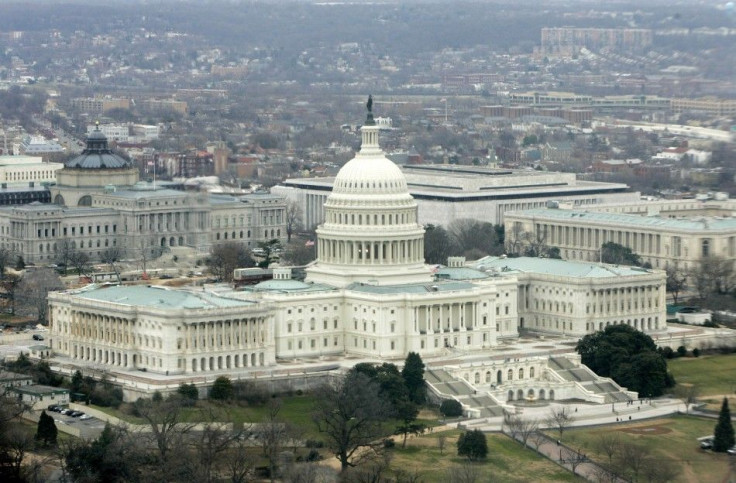House Defeats Bill to Keep Government Running as Tea Party Revolts Against Boehner

The House of Representatives unexpectedly defeated a bill to fund the federal government past Sept. 30 Wednesday evening as dozens of Republicans broke with their party to push for deeper spending cuts.
The unexpected outcome was an embarrassment for the House Republican leadership, which have at times struggled to rein in a conservative wing allied with the anti-spending Tea Party movement.
This is a democracy. This is the sausage factory, said Appropriations Committee Chairman Hal Rogers, R-Ky., who sponsored the bill.
The vote could further rattle consumers and investors who have been unnerved by the high-stakes budget battle that has played out in Washington this year. Congress pushed the government to the brink of a shutdown in April and the edge of default in August.
Republican leaders said they would figure out a way to pass the spending bill and avoid disrupting everything from national parks to scientific research.
There is not going to be a shutdown. Everybody needs to relax, said Majority Leader Eric Cantor, R-Va., as he emerged from a meeting with other top Republicans after the vote.
Later in the evening, a panel approved a measure that would allow the House to quickly reschedule another vote. But it was not clear how the substance of the bill might be changed.
The bill would have funded the government at an annual rate of $1.043 trillion, in line with a bipartisan agreement reached in August. Many conservatives want to stick with the lower figure of $1.019 trillion that the House approved in April.
The measure failed by a vote of 195 to 230, with 48 of the chamber's most conservative Republicans joining Democrats in opposition.
The vote demonstrated the continued reluctance of Tea Party conservatives to compromise on spending issues, even as the public grows weary of repeated confrontation on Capitol Hill.
NO HELP FROM DEMOCRATS
Republican leaders have suffered a similar number of defections on other high-profile budget bills this year. Democrats had helped them reach a majority on those occasions, but only six backed this bill.
Democrats objected to a $1.5 billion cut to an electric vehicle loan program, which Republicans included to offset the cost of increased disaster aid.
Republicans might remove that cut to pick up Democratic support, an aide said -- an action that could further alienate conservatives.
That would be a big victory for Democrats, who want to double the amount of disaster aid in the bill and ensure that it is not paired with further spending cuts.
At the bottom line, the disaster victims have to be treated far more fairly than they did today, said Sen. Charles Schumer, D-N.Y.
Facing rock-bottom approval ratings, lawmakers from both parties are eager to show voters that they can act quickly to approve aid for victims of floods, tornadoes and other disasters in one of the most extreme years for weather in U.S. history.
The Federal Emergency Management Agency has requested $5.1 billion to replenish its disaster fund, which could dry up entirely next week. FEMA has has already suspended rebuilding efforts across the country.
(Reporting by Andy Sullivan and Richard Cowan, Donna Smith and Thomas Ferraro; Editing by Eric Walsh)
© Copyright Thomson Reuters 2024. All rights reserved.











